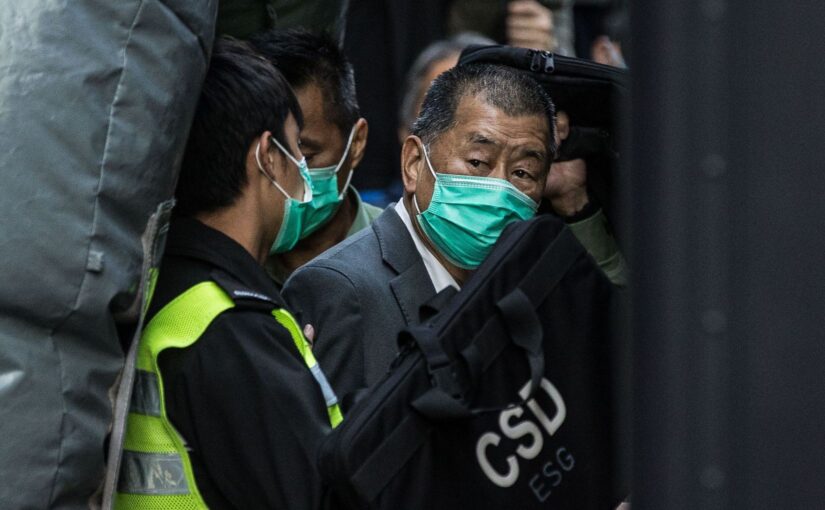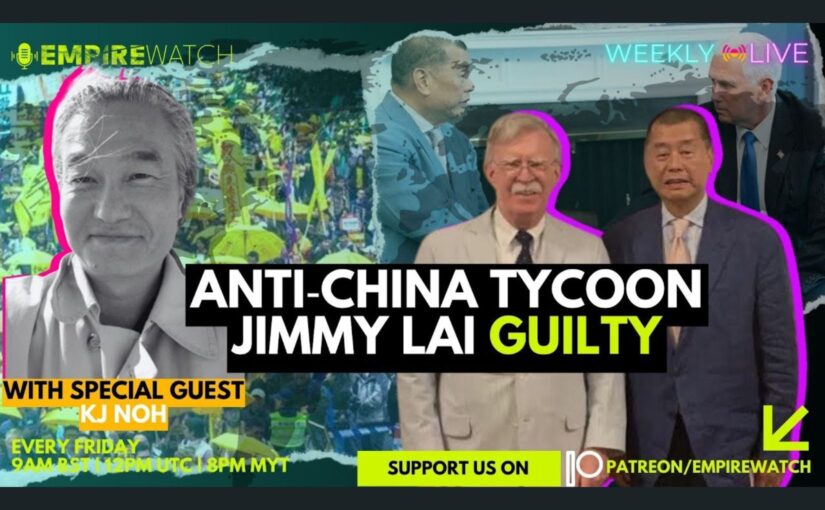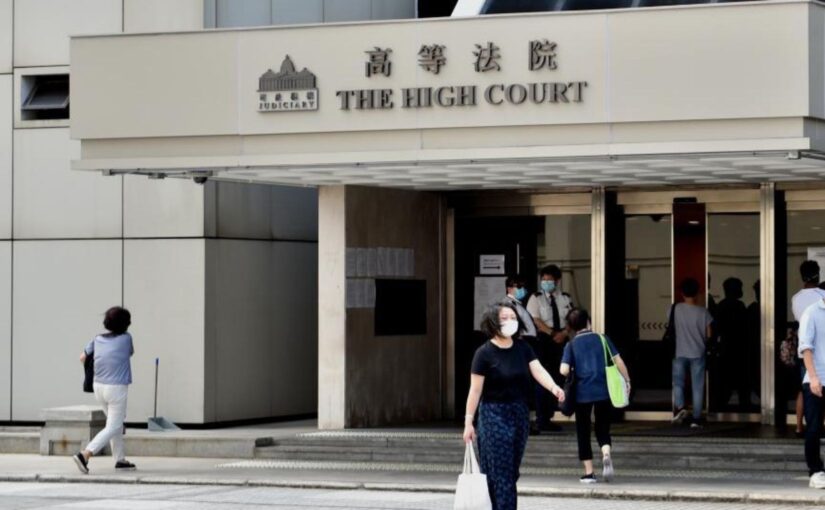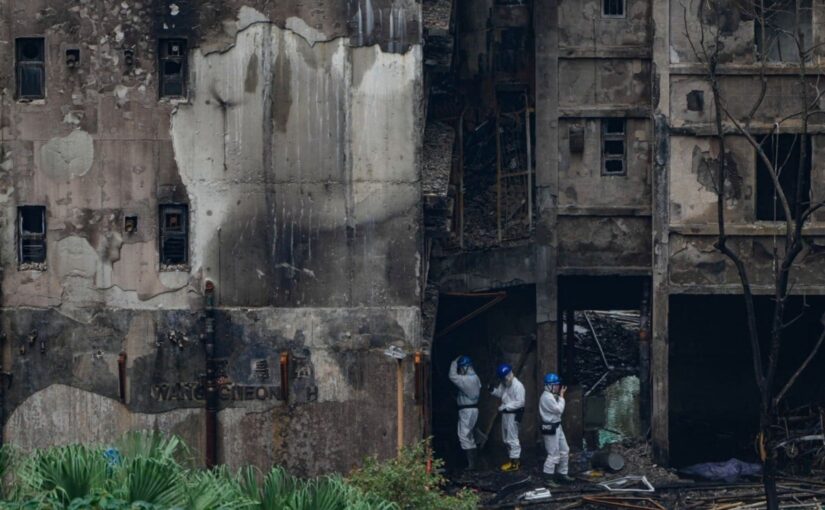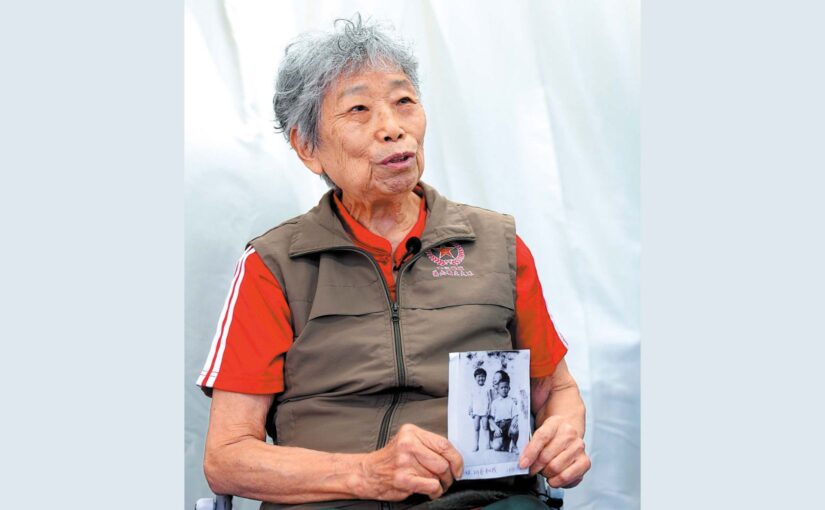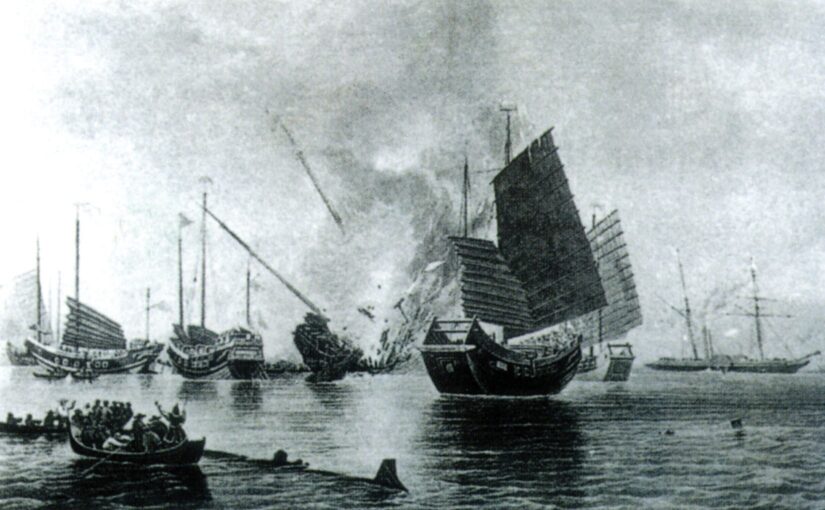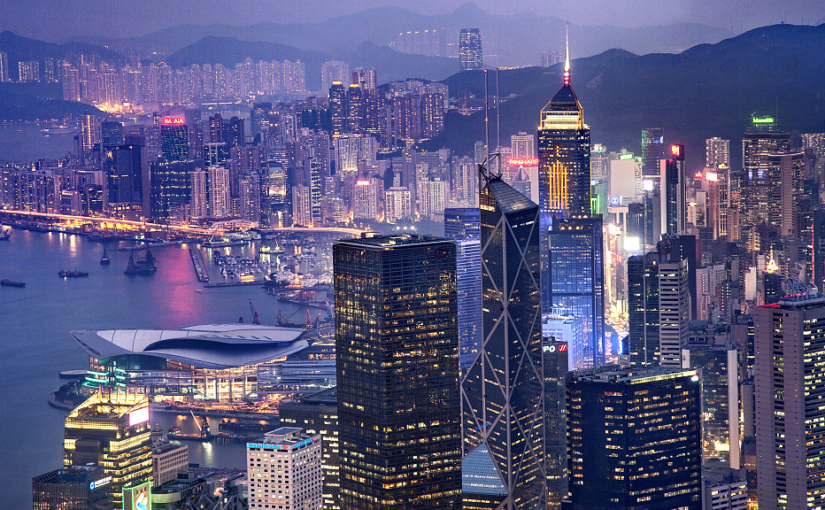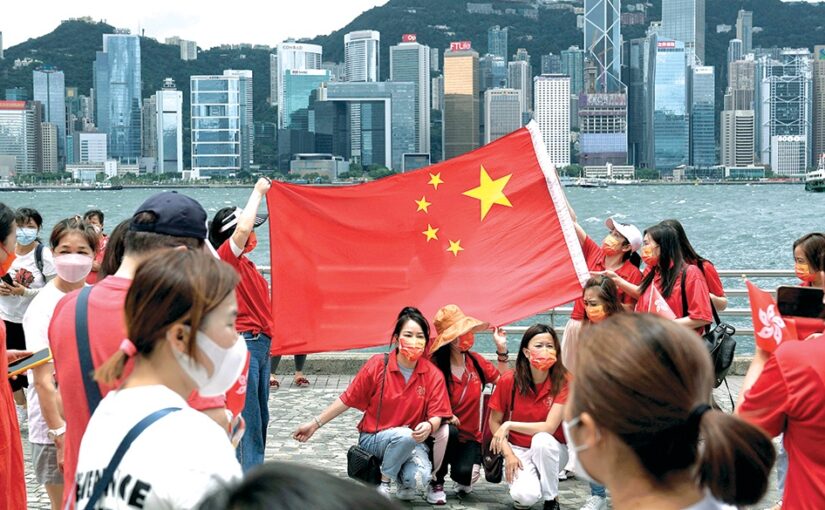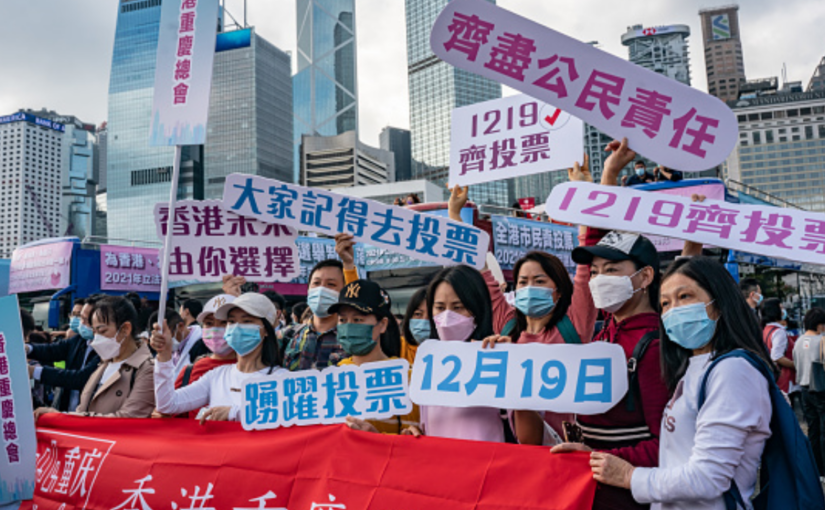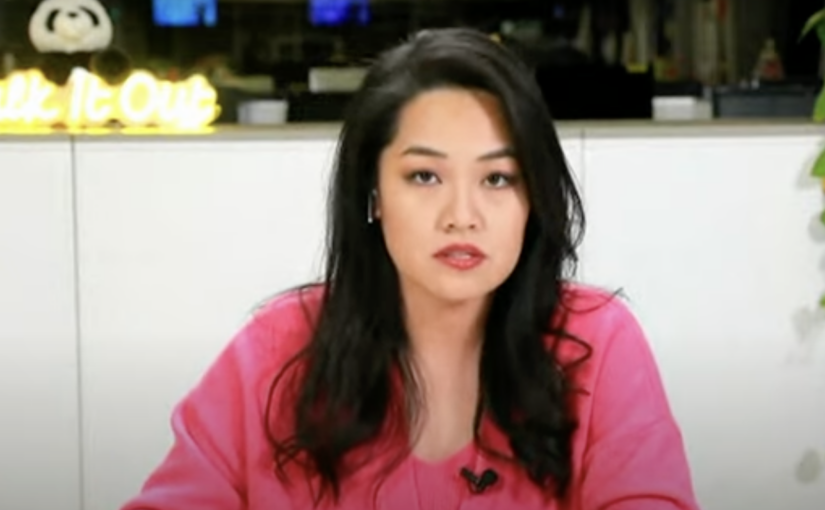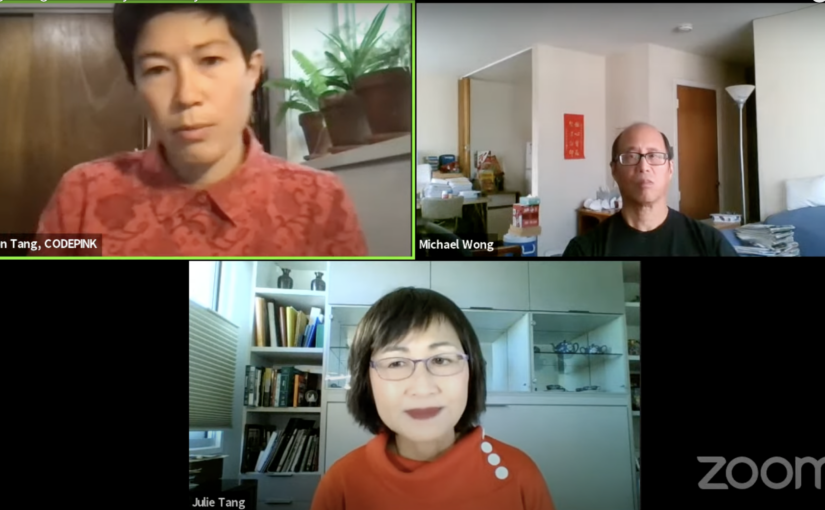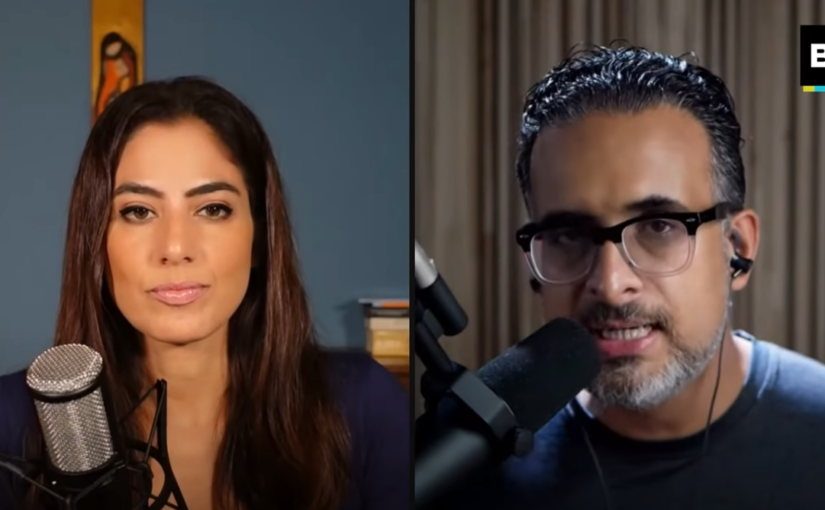On February 9, the High Court of the Hong Kong Special Administrative Region (HKSAR) of China sentenced Jimmy Lai, an instigator of anti-China riots in Hong Kong, to 20 years in prison.
Lai was found guilty in December by the High Court of the HKSAR on two charges of conspiring to collude with external forces and a charge of conspiracy to publish seditious materials. Mitigation hearing for Lai’s case began on January 12 and concluded on January 13.
The Xinhua News Agency quoted a spokesperson for the Office for Safeguarding National Security of the Central People’s Government in the HKSAR as noting that the 156-day public trial, which involved the examination of 2,220 exhibits, over 80,000 pages of case files and testimonies of 14 prosecution witnesses, had established that Lai colluded with external forces to endanger national security.
A commentary published by the news agency asserted that: “Disguised as a media man while acting as an agent for external anti-China forces, Lai was the principal mastermind and perpetrator of a series of riots that shook Hong Kong and undermined the fundamental interests of both the country and the HKSAR. The reality of Lai’s crimes is clear, backed by conclusive evidence. The traitor has received the penalty he deserves… The days when external forces and anti-China destabilising elements could act with impunity are obviously over.”
An article posted on the social media account of the Hong Kong and Macao Work Office of the Communist Party of China Central Committee noted:
“People have realised that Jimmy Lai has never been the so-called ‘fighter for freedom, democracy and human rights,’ but rather the chief culprit and a traitor to the nation who has harmed the country’s fundamental interests and the well-being of Hong Kong residents. Lai’s sentencing has once again proved that justice may be late, but it will come in the end.”
Hong Kong’s Chief Executive John Lee said that Lai had long used the now-defunct Apple Daily to poison the minds of Hong Kong people, by inciting hatred, distorting facts, deliberately stirring up social antagonism and glorifying violence. Lai had openly begged for external forces to impose sanctions against China and the HKSAR, sacrificing the well-being of the people of China and the HKSAR.
Lai betrayed the country and harmed the HKSAR. His conviction is supported by overwhelming evidence and he for sure deserves his punishment after all the harm he has done.
The sentence passed on Lai has led to renewed outbursts on the part of international anti-China, anti-socialist forces, not least the British government and media.
British Foreign Secretary Yvette Cooper said in a statement: “We stand with the people of Hong Kong, and will always honour the historical commitments made under the legally binding Sino-British Joint Declaration. China must do the same.”
A joint statement by Cooper and Home Secretary Shabana Mahmood announced an “expanded Hong Kong British National (Overseas) route” whereby, “Thousands more Hong Kongers will be able to build new lives in Britain as the government strengthens safe and legal routes to the UK… It is estimated 26,000 people will arrive in the UK over the next 5 years.”
This from a government that is engaged in a relentlessly wicked, cruel and blatantly racist crusade against the most oppressed sections of the working class, particularly refugees and asylum seekers, the overwhelming majority of whom are fleeing from the devastation caused to their homelands by centuries-long and continuing wars, poverty and climate disasters directly resulting from colonial and imperialist super exploitation and oppression.
Continue reading China says: Hong Kong has long returned to China and British colonial rule over Hong Kong has long ended